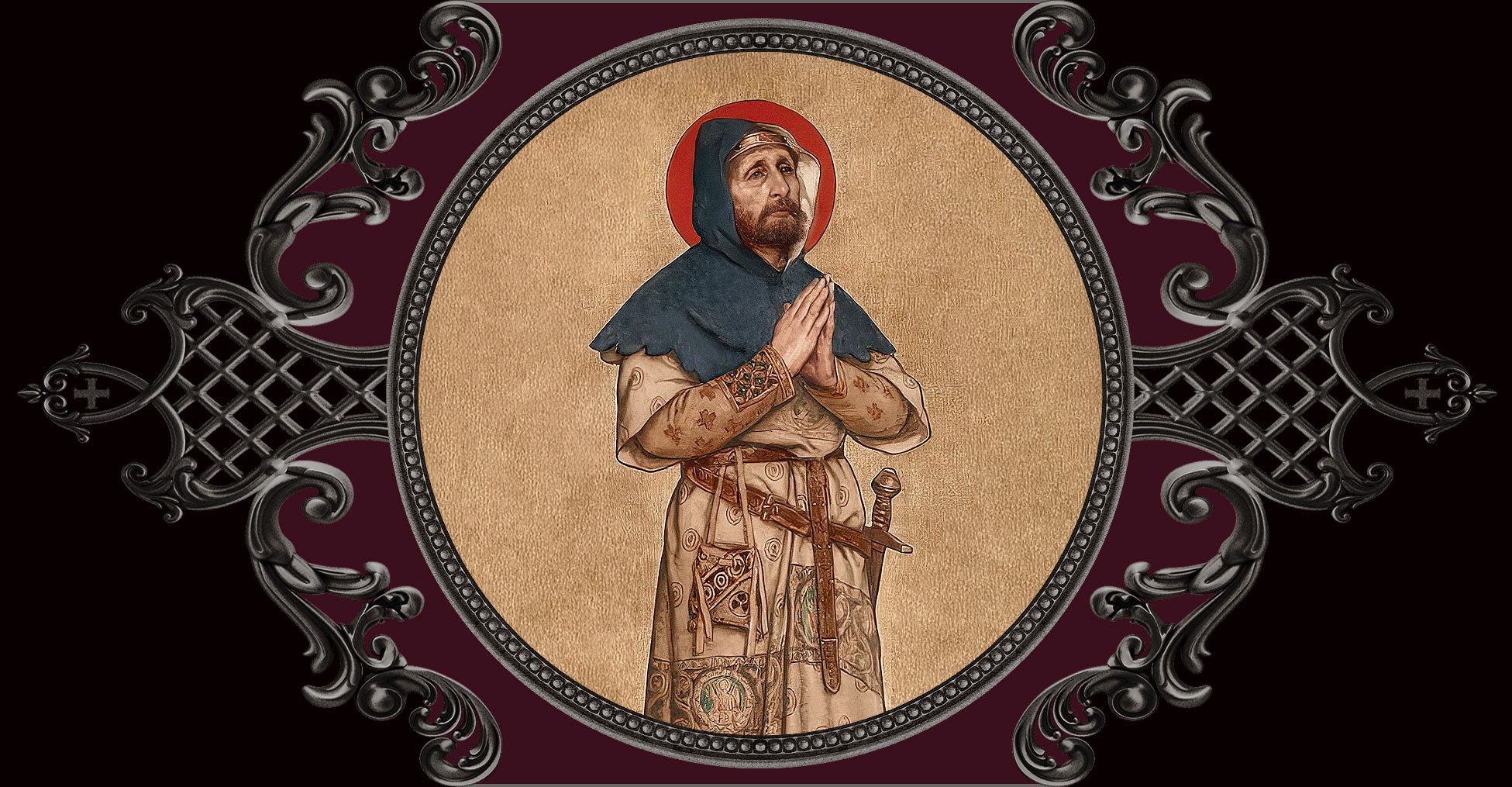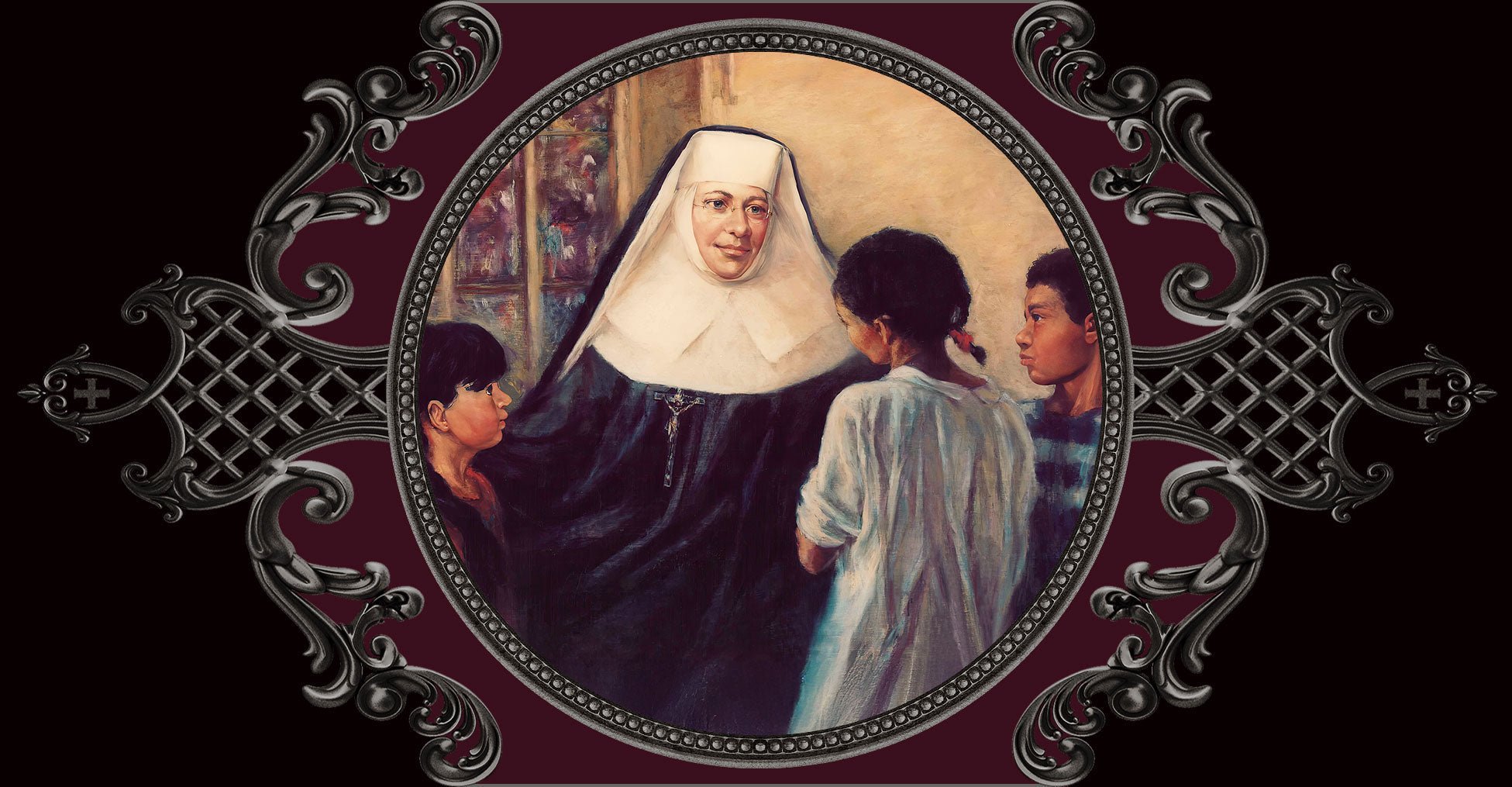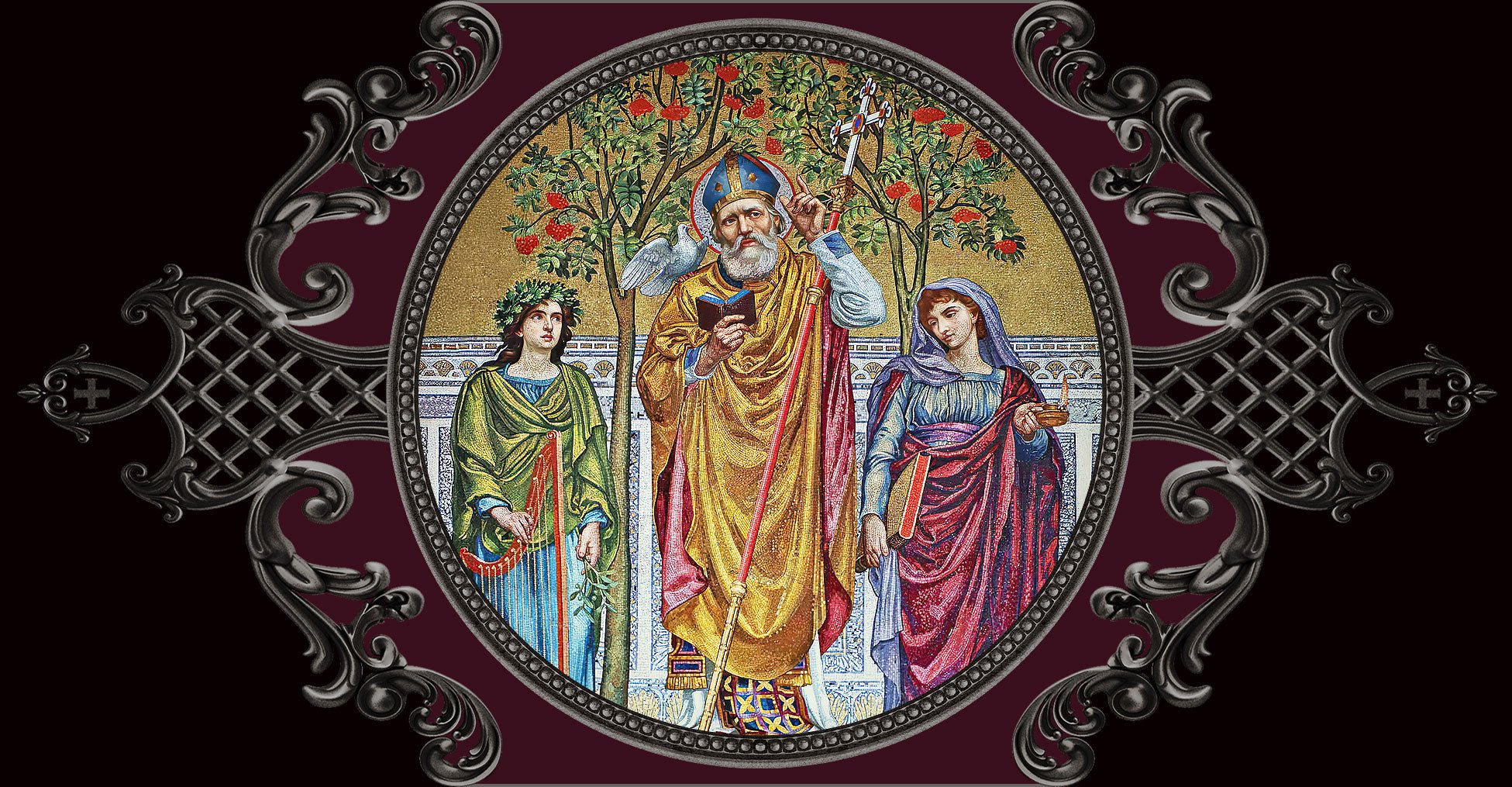
March 2 + Blessed Charles the Good
Charles was born in Denmark — the only son of the three children of King Canute IV (Saint Canute) and Adela of Flanders. When Charles was just 5 years old, his father was assassinated in Saint Alban's Church in 1086. He was taken by his mother to the court of Robert, his maternal grandfather and Count of Flanders, as a suitable place for him to grow up.
Charles became quite the warrior and accompanied his grandfather in a crusade to the Holy Land and also fought against the English. After Roberts death in 1111, the new Count Baldwin, Robert's son, relied heavily on Charles for advice. The people came to have a high regard for Charles’ wise and beneficent ways as well as his personal holiness. Baldwin arranged for Charles’ marriage to the daughter of the Count of Clermont and when Baldwin was wounded in battle, he assigned Charles as successor before he died in 1119.
Charles ruled his people with wisdom, diligence, and compassion. He made sure that times of truce were respected and fought against unethical marketing practices. One such example is his action against greedy and influential families who had plotted to hoard grain so that it would be sold at excessively high prices. But his just nature encouraged the wrath of his opposition.
On the morning of March 2, 1127, as Charles knelt in prayer in the church of Saint Donatian, a group of knights entered the church and hacked him to death with broadswords. The brutal and sacrilegious murder of the popular count provoked a massive public outrage, and he was almost immediately regarded as a martyr and saint, although not formally beatified until 1882.



Leave a comment
This site is protected by hCaptcha and the hCaptcha Privacy Policy and Terms of Service apply.